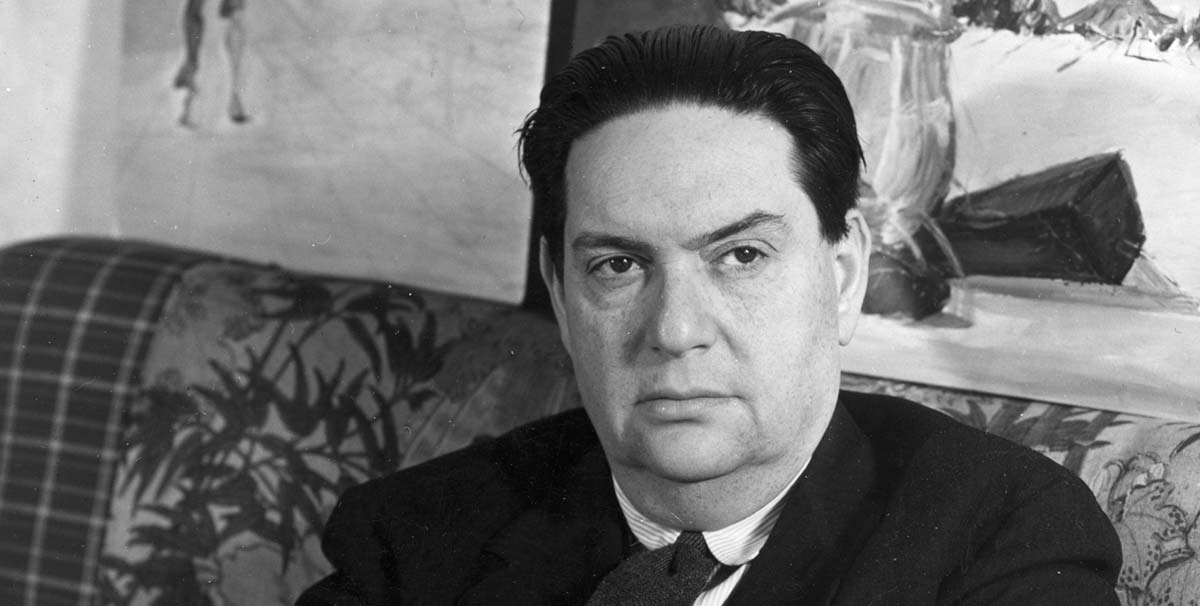
5 Fascinating Facts about Darius Milhaud
Darius Milhaud (1892–1974) was one of the most innovative and influential composers of the 20th century. As a member of Les Six, a group of[…]
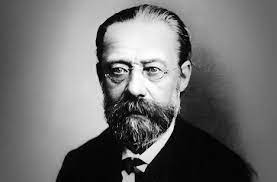
The 5 Best Compositions by Bedřich Smetana
Bedřich Smetana (1824–1884) was a pioneering Czech composer whose music helped define Czech national identity. As a leading figure of the Romantic era, his compositions[…]
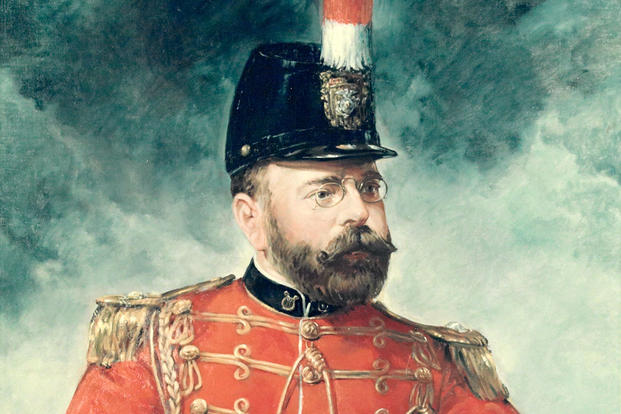
The 5 Best Compositions by John Philip Sousa
John Philip Sousa, known as “The March King,” was an American composer and conductor celebrated for his stirring military and patriotic marches. While Sousa is[…]
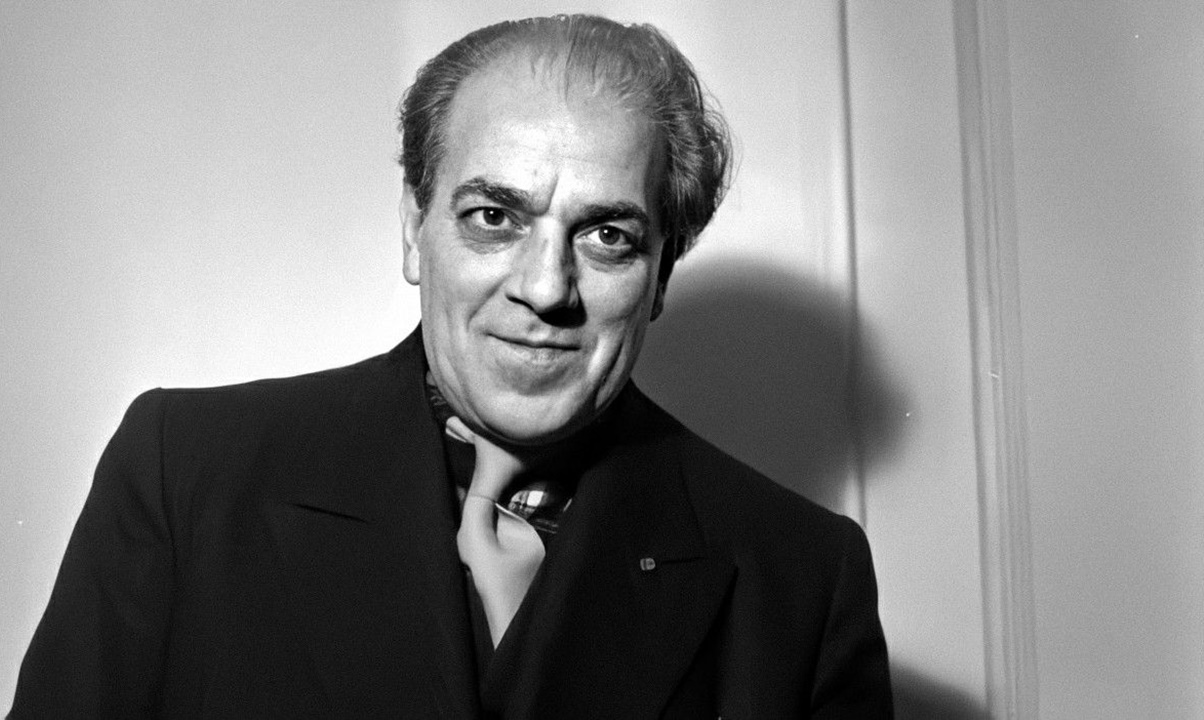
The 5 Best Compositions by Heitor Villa-Lobos
Heitor Villa-Lobos (1887–1959) was one of the most influential composers in Brazilian classical music, blending European traditions with the rhythms and melodies of his homeland.[…]

John Philip Sousa – Biography and History
John Philip Sousa (1854–1932) was an American composer and conductor, best known for his military and patriotic marches. Often called “The March King,” Sousa’s compositions,[…]
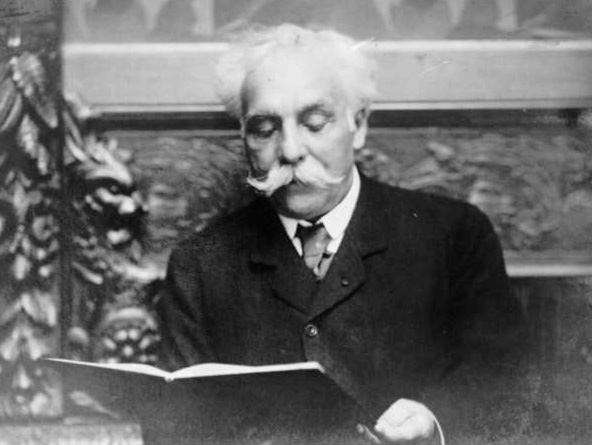
The 5 Best Compositions by Gabriel Fauré
Gabriel Fauré (1845–1924) was one of France’s most influential composers, known for his refined and expressive music. Among his extensive output, his mélodies (French art[…]

Gabriel Fauré: A Biography of the French Composer
´Gabriel Fauré (1845–1924) was one of the most influential French composers of the late 19th and early 20th centuries. Renowned for his lyrical melodies, refined[…]
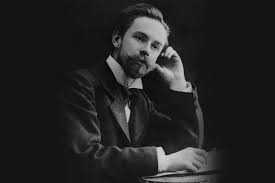
The History of Alexander Scriabin: A Visionary of Classical Music
Alexander Scriabin (1872–1915) was one of the most innovative and enigmatic composers of the late Romantic and early modern periods. His music evolved from a[…]
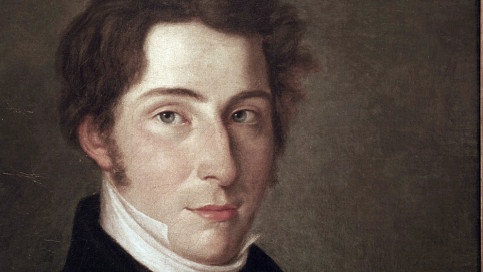
The History of Carl Maria von Weber: A Pioneer of German Romantic Opera
Carl Maria von Weber (1786–1826) was a seminal figure in the development of German Romantic opera. His innovative compositions, rich orchestration, and dramatic storytelling laid[…]

The History of Giuseppe Verdi: The Master of Italian Opera
Giuseppe Verdi (1813–1901) is one of the most celebrated composers in the history of classical music. His operas, characterized by profound emotion, compelling drama, and[…]